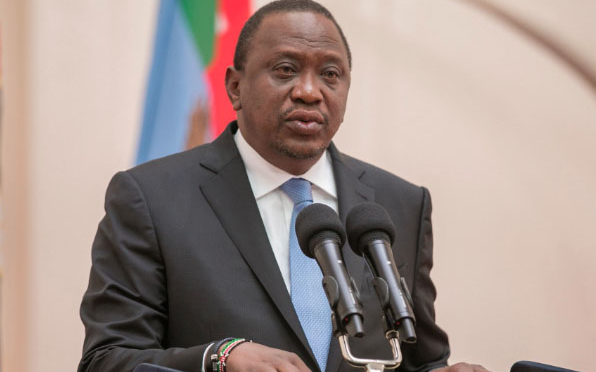
Polycarp Igathe was nominated as the Deputy, and was elected together with the Governor of Nairobi, Mike Mbuvi Sonko. In January 2018, Igathe resigned from the murky political waters and went back to the familiar comforts of the corporate world.
Governor Sonko on May 16, nominated and submitted to the Nairobi County Assembly the name of Dr Miguna Miguna as his new Deputy. This nomination came after the deportation of Miguna to Canada by the National Government in February and March 2018. The Nairobi County Assembly rejected the nomination of Miguna, stating that he did not qualify for the position as he held dual citizenship. No other nomination of Deputy Governor has been made by Governor Sonko. Ten months later, the position of Deputy Governor remains vacant.